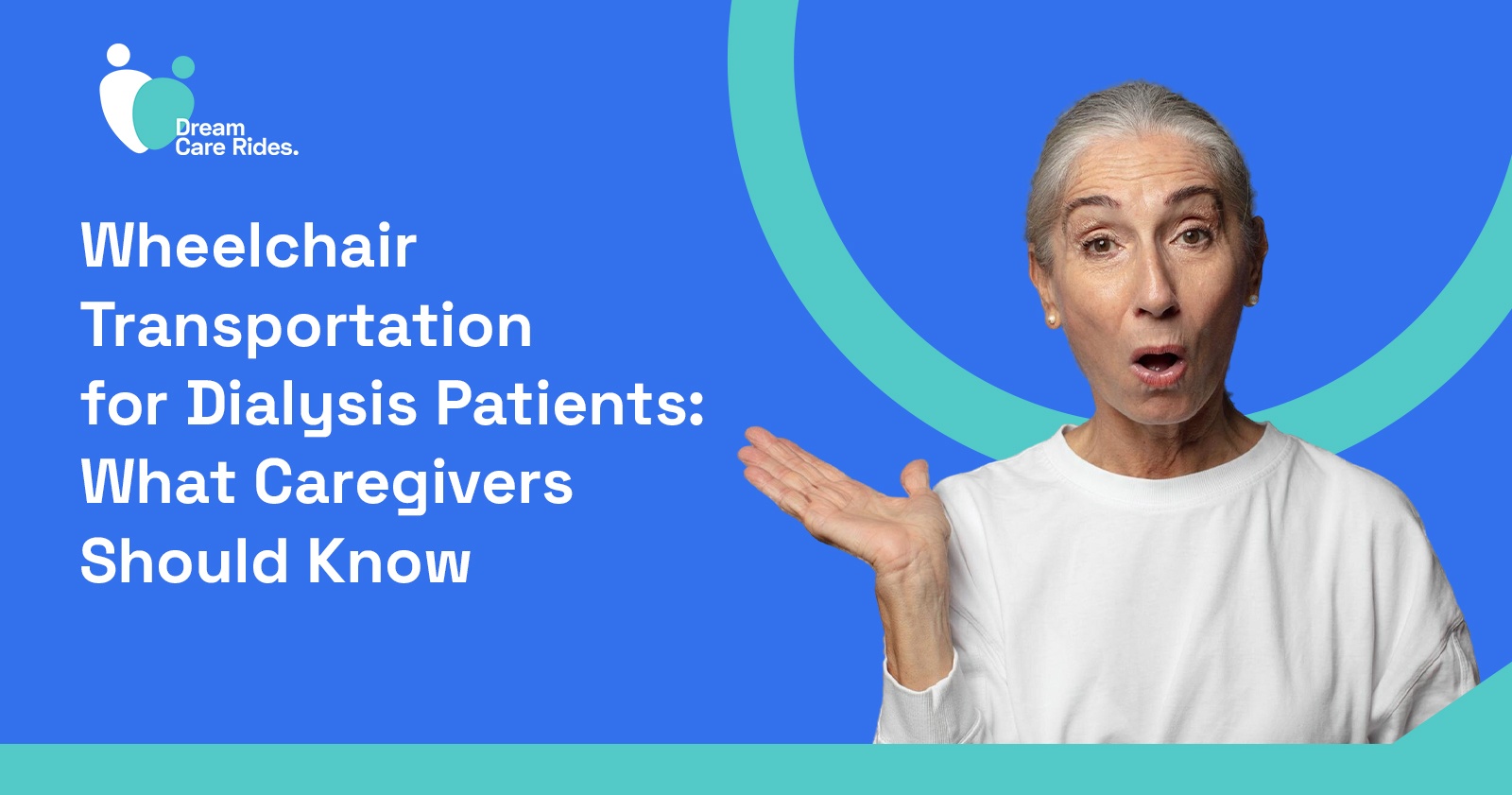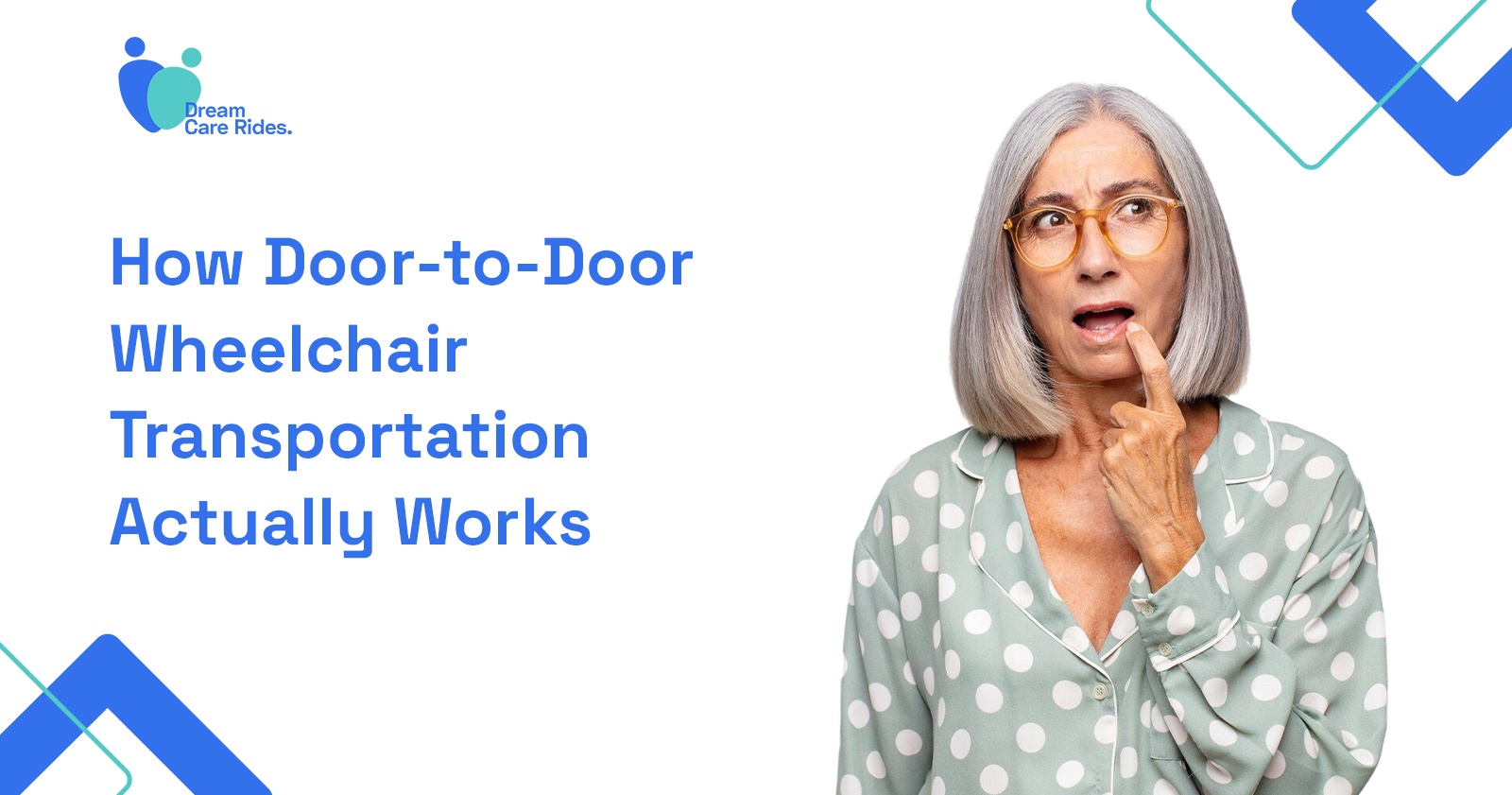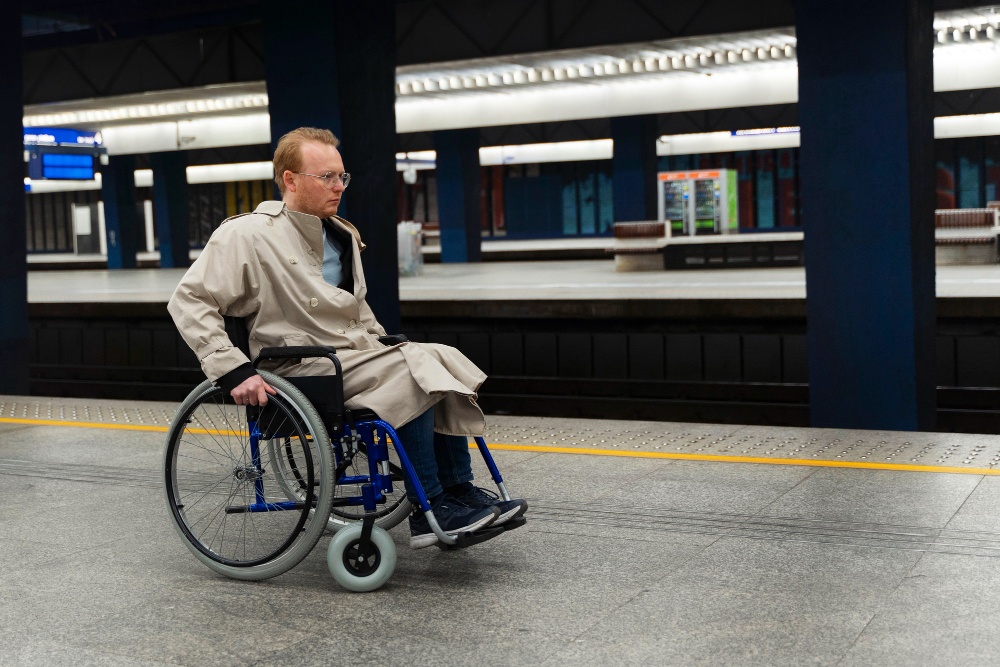What to Do if Your Elderly Parent Won’t Stop Driving
As your parents age, maintaining their independence becomes incredibly important to them—and for man...
Created by: Daniel Ogunsemowo /
Vetted by:
Otse Amorighoye

As your parents age, maintaining their independence becomes incredibly important to them—and for many, driving is a symbol of that independence. However, age-related health issues can sometimes make driving unsafe, putting not only their lives but also the lives of others at risk.
According to the CDC, elderly drivers are more likely to suffer from crashes due to age-related issues, such as vision impairment, slower reaction times, and cognitive decline. For adult children, convincing elderly parents to give up their car keys can be emotionally challenging. Despite the difficulty, addressing the risks of unsafe driving is essential to protect your loved ones and others on the road.
How can you assess whether it's time for your elderly parents to stop driving? What are the warning signs that their ability to drive may have diminished? And how do you approach such a delicate conversation? Knowing the steps to take can help your family handle this difficult situation with compassion and clarity.
This guide will walk you through the process, from assessing your parent’s driving abilities to exploring safe and supportive transportation alternatives that can offer them freedom without endangering their safety or others. For residents in Chicago, DreamCareRides provides accessible, non-emergency medical transportation services, offering a safe and reliable alternative to driving.
Assessing the Situation
Why Assessing Driving Ability is Crucial
Assessing an elderly parent’s driving ability starts with understanding how age can impact vision, reflexes, and cognitive skills. Physical limitations, such as arthritis, can also reduce their ability to drive safely. If they’ve recently had health changes, it may be time to evaluate their driving.
Gathering Data: Statistics on Elderly Drivers and Safety Risks
The National Highway Traffic Safety Administration (NHTSA) reports that fatal crashes involving older drivers increase significantly past age 75.
Studies have shown that seniors with medical conditions like dementia are 2-4 times more likely to be involved in car accidents.
Recognizing Warning Signs
Physical and Cognitive Warning Signs
Some warning signs that indicate it may be unsafe for an elderly person to drive include:
Frequent close calls or minor accidents
Difficulty staying in lanes or trouble judging distance
Physical struggles with basic vehicle functions (e.g., braking, using the gas pedal)
Forgetting routes or becoming disoriented
Behavioral Red Flags
Observing behavioral changes can also be a sign:
A decrease in confidence while driving
Difficulty making quick decisions
Anxiety about driving at night or in heavy traffic
Gathering Input from Family and Friends
The Importance of a Family Discussion
Consult family members, close friends, or neighbors who may have noticed changes in your parent's driving. This collective insight can help you build a comprehensive picture of their current abilities.
Initiating the Conversation
Approach the Conversation with Empathy
When discussing the topic, choose a time when your parent is calm and receptive. Express your concerns from a place of love and care, emphasizing that your goal is to ensure their safety.
Tips for a Productive Discussion
Focus on specific instances rather than making broad statements.
Use “I” statements, such as, “I feel worried when you drive at night,” to avoid sounding accusatory.
Prepare for emotional responses and offer reassurance.
Encouraging a Driving Assessment
Scheduling a Formal Driving Assessment
Suggest a driving assessment with a professional, which can objectively evaluate their skills. Many state licensing agencies and private organizations offer driver evaluations that consider cognitive, physical, and perceptual abilities.
How a Driving Assessment Works
A driving assessment may include:
Vision and reaction time tests
Cognitive assessments for memory and problem-solving
On-road evaluation with a trained instructor
Suggesting a Professional Evaluation
Seeking a Geriatric Specialist
If your parent is resistant to a driving assessment, consider a comprehensive evaluation from a geriatric specialist. They can provide insights into how specific medical issues may impact driving abilities and make professional recommendations.
The Role of Occupational Therapists in Driving Evaluations
Occupational therapists specializing in driving assessments can offer personalized advice. They may even suggest adaptive equipment that could make driving safer for a while, delaying the need to stop altogether.
Discussing Possible Outcomes
Preparing for All Scenarios
Depending on the outcome of the evaluation, discuss possible scenarios:
If the assessment indicates they are still fit to drive, suggest modifications, such as driving only during the day.
If driving is no longer safe, support your parent in finding alternative transportation options.
Exploring Alternative Transportation Options
Alternative Options to Maintain Independence
To ease the transition, explore different transportation options:
Non-Emergency Medical Transportation (NEMT): Services like DreamCareRides in Chicago provide reliable and accessible transportation for elderly individuals needing regular medical appointments.
Public Transit and Senior Transportation Services: Many cities offer discounted rates or free transit for seniors.
Ridesharing Apps: Some ridesharing services have specific senior-friendly options that include driver assistance and wheelchair accessibility.
The Benefits of Non-Emergency Medical Transportation
NEMT services, like DreamCareRides, provide trained drivers equipped to meet elderly passengers' needs, offering a safe and stress-free alternative to driving. DreamCareRides can help your parent reach medical appointments, family gatherings, or social events reliably and affordably.
Contact DreamCareRides Today
Making the Transition Smoother
For Chicago residents, DreamCareRides offers an ideal alternative. Our service ensures safe, reliable transportation, helping seniors maintain independence without putting their safety at risk. With wheelchair accessibility and experienced drivers, DreamCareRides meets the unique needs of elderly clients. Contact us today to learn more about how our services can support you and your loved ones.
FAQs
1. How do I know if my elderly parent’s driving has become unsafe?
Look for warning signs, such as frequent minor accidents, getting lost on familiar routes, struggling with basic car functions, or forgetting traffic rules. If these signs are evident, consider a driving assessment.
2. What if my parent refuses to stop driving?
This is common. Involve family members, consult a medical professional, and focus on exploring alternative transportation options that will still allow them some level of independence.
3. What is a driving assessment, and how does it work?
A driving assessment evaluates physical and cognitive abilities relevant to driving. It may include reaction time, vision, memory tests, and an on-road component. Many state agencies and rehabilitation centers offer these services.
4. Are there services specifically for seniors who can’t drive?
Yes, several options are available, such as public transportation, ridesharing apps, and non-emergency medical transportation services like DreamCareRides, which cater to the specific needs of seniors.
5. How can I make my parent feel more comfortable with the idea of not driving?
Emphasize the benefits of safe transportation, like reduced stress and the opportunity to socialize. Show them alternatives that enable them to stay mobile without risking their safety or others’ on the road.
Conclusion
Deciding when an elderly parent should stop driving is never easy, but prioritizing their safety and well-being is essential. Recognizing warning signs, seeking professional evaluations, and exploring alternative options are all part of navigating this challenging time with love and compassion. If you live in Chicago, DreamCareRides provides non-emergency medical transportation solutions that ensure your parent’s mobility needs are met safely and reliably.
10 Top Benefits of Non-Emergency Medical Transportation for Patients and Healthcare Providers How Our NEMT Service Helps You Get to Your Appointments on Time, Every Time Booking NEMT Services for Family Members: What You Need to Know How Our NEMT Service Supports Last-Minute and Urgent Ride Requests Why Choose DreamCareRides for Elderly and Disabled Transportation in Chicago?Related Articles





